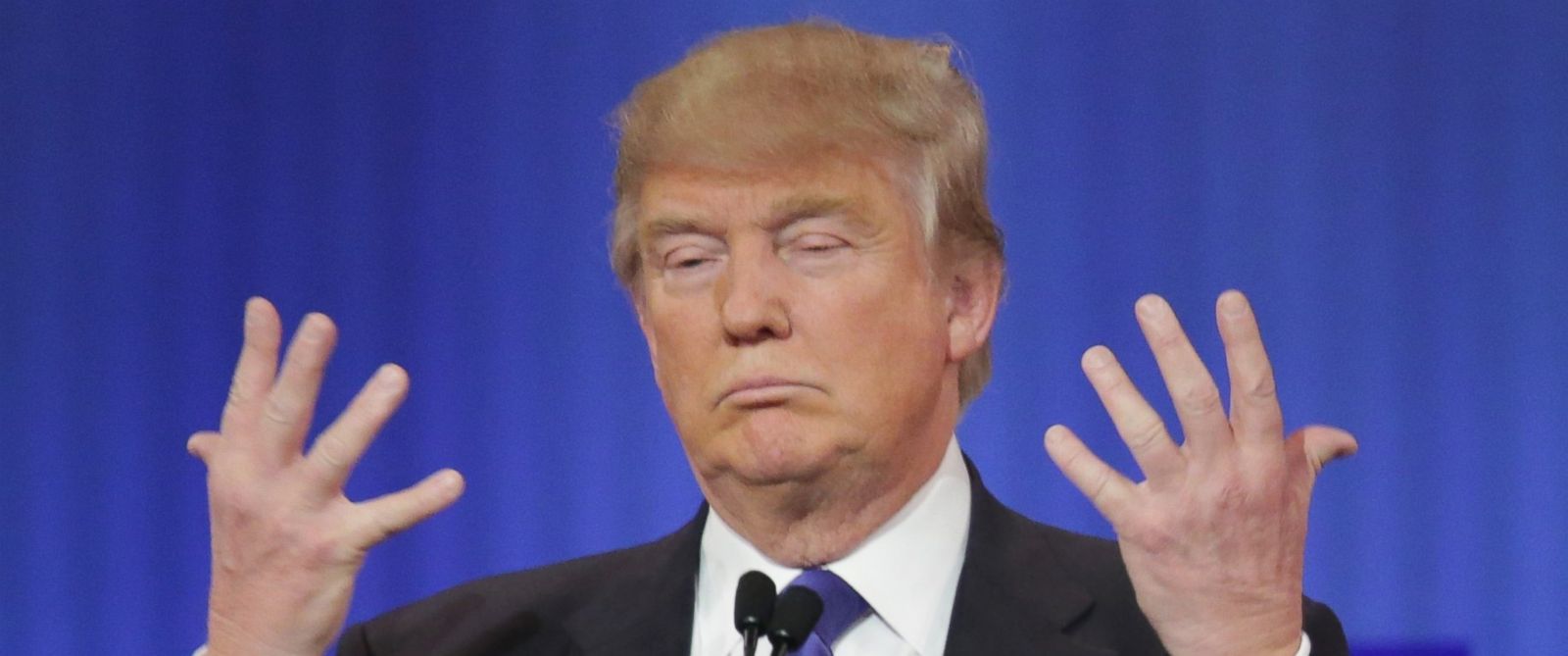 Jack Shafer’s “How Trump Can Learn to Love Leaking” over at Politico has a few nice insights about the love-hate relationship many administrations have had for leaks, and he, I think rightly, observes that:
Jack Shafer’s “How Trump Can Learn to Love Leaking” over at Politico has a few nice insights about the love-hate relationship many administrations have had for leaks, and he, I think rightly, observes that:
[T]here is no leak crisis, only a leak panic. . . . As leaks go, the ones currently tormenting the Trump administration are pedestrian, merely embarrassing the president rather than rupturing national security.
From this reasonable observation, Shafer makes, what seems to me, an unreasonable inference:
Trump, of course, might reject the status quo and order Attorney General Jeff Sessions to mount a hammer and tongs foray against the press and leakers, as Washington Post columnist Margaret Sullivan recently warned. But there is scant precedent for such a crackdown, and for good reason. To chase down journalists, Trump and Sessions would have to weaken the Department of Justice guidelines that protect reporters from such investigations. Would the political costs of trashing the guidelines and stalking the leakers be worth it, especially in cases where no vital secrets have been revealed?
As I see it, Shafer’s inference runs something like:
The leaks are mostly costly cosmetically for the administration, and prosecuting them would be politically costly. Moreover, few Presidents have pursued many leaks. Therefore, it’s unlikely that Trump will pursue the leaks.
 But the problem is that, as with all probabilistic reasoning, if we add evidence that we are dealing with an outlier case, then the inductive reasons are defeated. And there are good reasons to say that Trump’s case is an outlier here. Recall that he’s fiercely retributive for those who break his trust. Moreover, that X is the way that folks in Washington have done things is not a reason that seems to hold much force with the Trump administration.
This is, I think, a good example of why the ad populum forms of arguments from precedence (and from all the motives that make up that precedence) are all inductive, and so non-monotonic forms of inference. They can be just fine so long as we think the cases we are applying them to are not relevantly different from what had come before, but if we add the new information in, then that inference gets defeated. And I think that most of arguments from precedence are suspended when we talk about the orange one.
